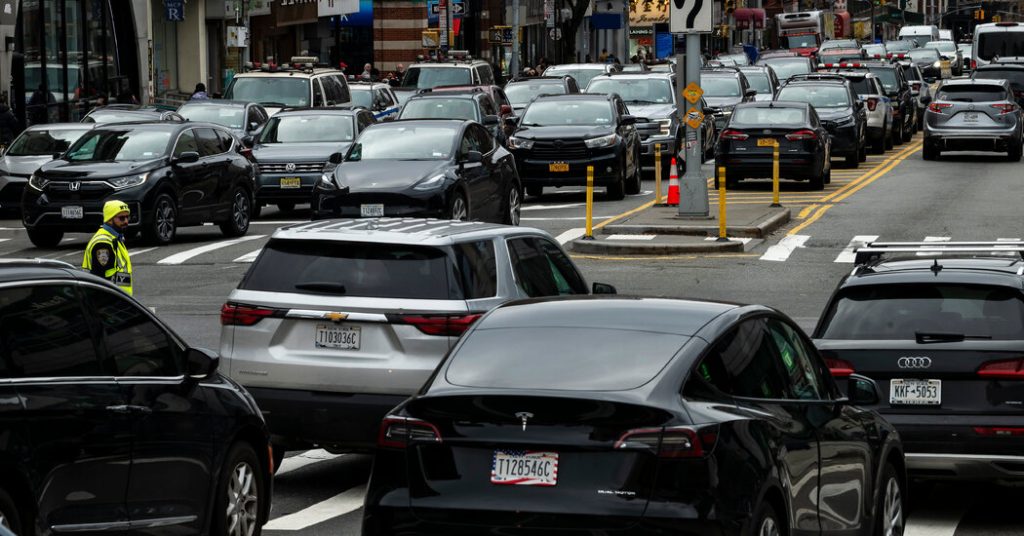The New York City congestion pricing plan will primarily impact most cars, trucks, taxis, and Uber riders entering the designated congestion zone below 60th Street. Nearly all toll readers have been installed to automatically charge drivers entering the zone but there will be no toll for leaving or driving around within the zone. Passenger vehicles will be charged $15 a day on weekdays from 5 a.m. to 9 p.m. and $24 for small trucks and charter buses, with larger trucks and tour buses paying $36. Motorcycles will be charged $7.50, with a 75 percent discount at night bringing the cost down to $3.75. Taxis and black car services will see a $1.25 increase in fares, while Uber and Lyft will see a $2.50 increase. Passengers will be responsible for paying the new fees on any ride that begins, ends, or occurs within the congestion zone, with no nighttime discounts.
Exemptions from the new tolls include emergency vehicles, garbage trucks, and school buses. Emergency vehicles, vehicles carrying people with disabilities, school buses with a contract with the city’s Department of Education, and fewer than 5,000 specialized government vehicles will be exempted. M.T.A and city officials will determine which vehicles qualify for exemptions. Commuter, intercity, and regional buses with scheduled services for the public, along with licensed commuter vans, will also be exempt. Low-income drivers making less than $50,000 annually can receive a 50 percent discount after their first 10 trips in a calendar month, and low-income residents of the congestion zone making less than $60,000 a year can apply for a state tax credit. Drivers entering the zone from four tolled tunnels will receive a credit against the daytime toll, with varying amounts depending on the vehicle type and round-trip.
The final tolling program is currently under review by the Federal Highway Administration for approval, but it faces legal challenges that could potentially block or upend the program at the last moment. A lawsuit filed by the State of New Jersey and further legal challenges in New York could impact the implementation of congestion pricing. Opponents of congestion pricing have raised concerns about the cost of tolls and the potential environmental impact of shifting traffic and pollution to other areas to avoid tolls. Amidst the litigation, M.T.A. officials have suspended some capital construction projects that were to be funded by the program, with delays reported in crucial work to modernize subway signals on the A and C lines.
In conclusion, the congestion pricing plan in New York City will have a significant impact on drivers entering the designated congestion zone, with varying toll rates for different types of vehicles. Exemptions are in place for emergency vehicles, school buses, and some specialized government vehicles, along with discounts for low-income drivers and residents. Legal challenges may delay or prevent the implementation of congestion pricing, with concerns raised about the cost of tolls and potential environmental effects. Despite these challenges, the final tolling program is expected to move forward pending approval from the Federal Highway Administration.












